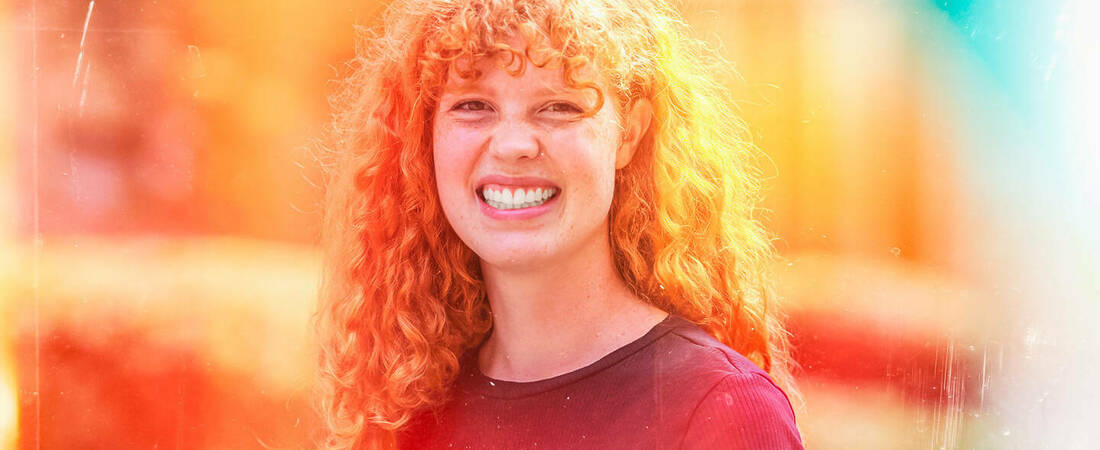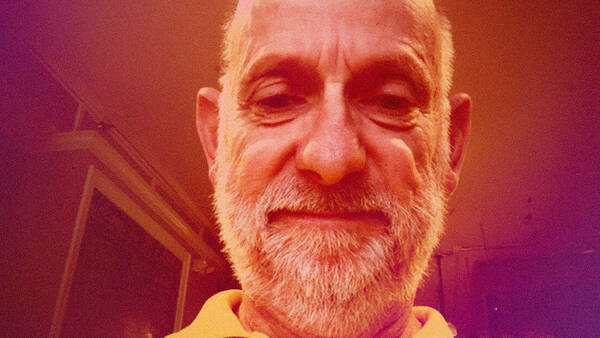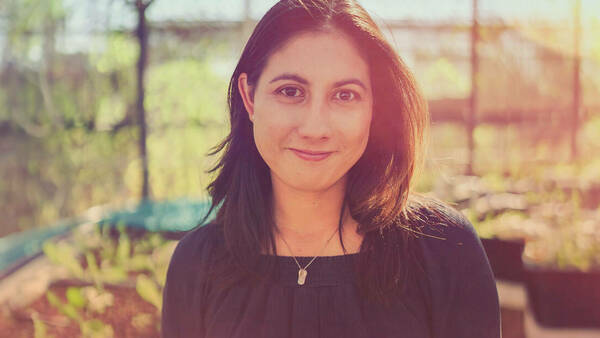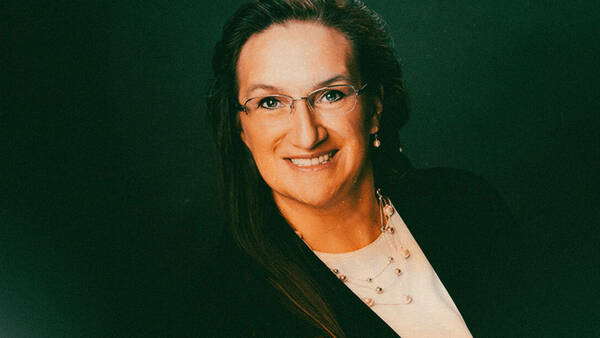Elsa Barron’s passion for peace-related climate research extends beyond her day job. As a Research Fellow at the Center for Climate and Security, Barron ’21 not only spends her working hours investigating how climate change potentially exacerbates other kinds of global security threats, but she also lives out her mission through community organizing, peer mentorship, and informal conversations with family and friends. Barron is the host of the environmental peacebuilding podcast, Olive Shoot, and is also co-chair of the Young Professionals Interest Group at the Environmental Peacebuilding Association. From the grassroots to the global, Barron’s drive for environmental action remains both urgent and hopeful.
Barron’s ambition did not arrive without her own shifts in thinking. Growing up in an evangelical faith community, she recognized the inherent value that faith can have in nearly every aspect of life — from informing conversation and building relationships, to influencing family bonds and values. These values had a meaningful impact on Barron’s upbringing, though she often wrestled with the tension between her faith community’s boldness in conviction and their simultaneous skepticism around science.
Sitting in her Intro to Biology course at Notre Dame as a freshman, Barron recalls learning about the role of Notre Dame professor Rev. John A. Zahm, C.S.C., ’71 in recognizing that evolution was supported by science and not in conflict with church teaching. This came as a challenge to the beliefs Barron grew up hearing in the messaging of her faith community, which emphasizes a literal interpretation of scripture.
“It was really encouraging for me to hear this introduced in a biology class … to have it introduced as [a theory that was] not in conflict with faith or with church teaching — at least from a Catholic point of view — was a new perspective for me, and one that was very refreshing,” said Barron.
With this new basis of understanding, she felt motivated to dive deeper into her passion for creation, spirituality, and the world. In addition to her science-focused biology studies, she expanded intellectual scope in her peace studies courses, studying specifically how the environment relates to human systems and societies. In a course with Father Emmanuel Katongole, she learned about environmental peace-building, reading Pope Francis’s second encyclical Laudato si’ from an African context. In Laudato si’, which translates to “care for our common home,” Pope Francis argues that the climate crisis is also a spiritual crisis. This revelation helped inform Barron’s understanding of systems of oppression towards both humans and the environment. Her worldview expanded, but not without the willingness to listen first.
“Being open-minded for me has often also meant sitting in and embracing a lot of tension – tension between the way that I grew up and the new communities I’m a part of, tension between family and faith and friends and my future career – and it can be hard to hold that tension. But honestly I think the root of open-mindedness is listening,” said Barron.
Embracing this tension includes listening deeply to even those who disagree with her, including family members. Barron remains committed to being open to dialogue and credits her interdisciplinary studies at Notre Dame for training her to view issues as intersecting with other disciplines, strengthening her own research. Barron’s willingness to learn more also applied to her own openness towards Catholicism when she came to Notre Dame.
“The more opportunities there were to expand engrained ways of thinking by pulling in ideas from different areas always led to the best discussions, ideas, and solutions moving forward,” says Barron.
Her own intellectual evolution may have led Barron to depart from her evangelical community. Yet, she made an intentional choice to remain a member of her community out of the love she maintains for it — a love rooted in the shared values of faith, family, and boldness of conviction. Barron still views these values as inherent to her own worldview and essential for her role in working on climate change.
Barron emphasizes that climate change is an issue that her community should care about — not only because it impacts them but also for the broader world. What isn’t an attractive argument, Barron points out, is telling someone, “You’re wrong. Here’s why, and here’s what you should think.”
“It’s not really about changing what people believe or what drives them, but bringing new perspectives into that conversation, allowing them to use their values to see things in a new light … we have a responsibility and an opportunity to love through caring for creation and loving each other,” says Barron.
In her current role as a full-time Research Fellow, Barron analyzes how to respond and build policy and relationships across disciplines that can help to prevent the worst impacts of climate change. Barron also recently returned from the 2022 Christian Climate Observers Program at the United Nations climate conference, COP27, where she helped to lead and guide the next cohort of observers. The program hopes to bridge the gap between faith and climate action, and to equip emerging leaders with the tools to communicate back home to their faith communities about why this issue matters.
When thinking about the future, Barron hopes to remain curious and open to changing her mind throughout her career. She also hopes to find solutions not only in sweeping policy change and reform of business practices, but solutions rooted in community action. She holds that our individual needs are not as productive as our “communal love.”
“I think it can lead to some of the best outcomes and most meaningful interventions, when there’s that sense of openness and curiosity … and that really stems from love, not just passion for what we do, but deep love for the world and for each other … one thing I took away from Laudato si’ is that it isn’t just about technological interventions, but spiritual transformation.”
Barron urges current Notre Dame students to not become bogged down by “bigger looming questions” that might lead to individual overwhelm and inaction. Rather, she encourages forming coalitions with other students with similar interests or within their local communities.
“Hope can come through action. And action is a very transformative process, not only for creating change in the world, but creating change in ourselves and in our communities. Sometimes taking the first step is the only step there can be … it’s just a process of trust and action, and then many of the other factors that can drive long term change can come through that first step.”



